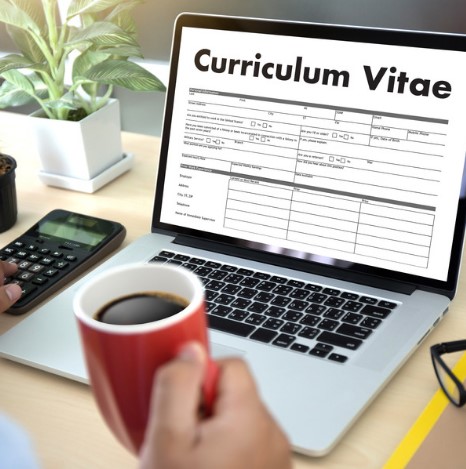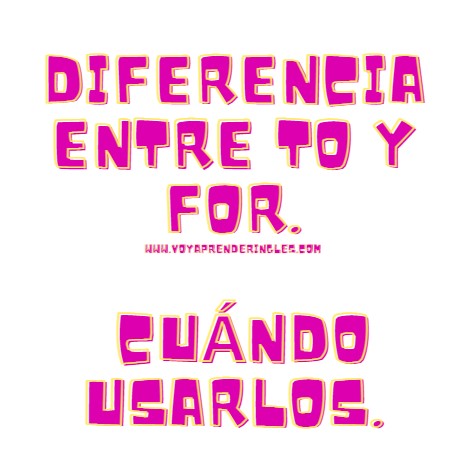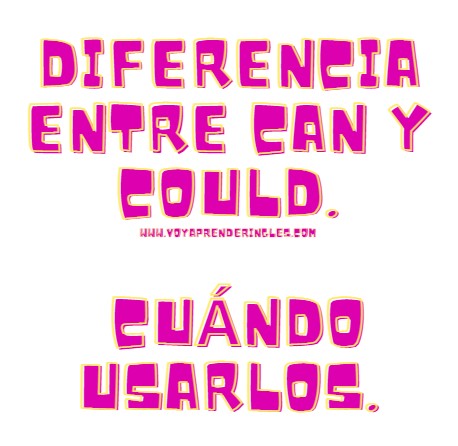
The job interview, these are the two words that candidates dream of hearing, while secretly dreading them. However, they are the sign of a successful first step, since your CV has been well received and your cover letter has convinced you. But nothing can be done about it, the job interview remains one of the most dreaded stages for the vast majority of job seekers. So how do you overcome this fear and go into job interviews with your head held high? Here are essential tips to impress recruiters.
Prepare for it
- A job interview is like a test at school: you prepare beforehand to get a good mark. The best thing to do is to take a pen, make some notes and revise.
- We cram on the company's product/service: we register on the site, we analyse it, we subscribe to the newsletter. In short, you use all the tools at your disposal once or several times, in order to fully understand the services offered by the company.
- We study the environment and the company's competitors. Indeed, to understand a job, there is nothing like knowing its universe, and therefore the companies that do the same job.
- We go through the company's press coverage: articles in specialised newspapers, hashtags on social networks, etc.
- We write an argument for each mission described in the job description (skills, qualifications). "Yes, this job suits you", point by point, and you can prove it.
- Find out about your future contact on LinkedIn. Because this social network will tell you not only about your recruiter's current position, but also about his or her experience, professional interests, etc. (If you want to do this in private mode: go to your profile - preferences and privacy - profile view options).
- Stress relief: yoga, stretching, breathing exercises. A little stress can be beneficial and a boost, but too much stress can make you lose your nerve. So a few days before the interview, adopt a healthy lifestyle (diet, exercise), and relax.
Dress to match
In order not to be out of place, determine the company's dress code beforehand. If you are applying to a very large group, a bank or an important administration, you can expect to see many suits and ties. In a start-up or SME, employees will probably be more casual. So it's up to you to adapt your outfit accordingly.
Example of an outfit for a large group:
A suit or dark plain suit, with a white shirt, a touch of discreet colour for the tie or scarf. Brown matte leather shoes or black mid-heeled pumps and opaque tights. A nice navy or mottled grey coat.
Sample outfit for a startup:
A nice pair of well-cut jeans, a nice shirt/blouse, a jacket. Brown matte leather shoes or mid-heeled pumps. You can be more daring with accessories that are a little young and colourful.
In general we avoid :
- perfume, after shave or deodorant
- jewellery that is too flashy
- visible brands, extravagant logos
- white socks in leather shoes
- too much make-up
- Remember to try on your entire outfit before the day of the interview.
How to behave
Here you are, all dressed up and ready to face that dreaded moment! You're ready, and you'll do great. But be sure to follow some of our tips:
- Take notes! This gives the impression that you are interested in what you are being told, and it also gives you something to ask questions about at the end of the interview. What's more, it gives you confidence.
- Ask questions. Based on your notes taken during the interview and your knowledge of the company, do not hesitate to ask questions at the end of your interview. This shows that you are genuinely interested in the company and the post to be filled, and it shows a certain amount of confidence on your part.
- Don't interrupt the interviewer, it is not very popular. Listen to them and show them that you are listening: nod your head, take notes. This enhances what he or she says and will also allow you to build on what he or she has said.
- Stand correctly and smile: this is the basis of non-verbal communication. Stand up straight, stay open, with your body facing the person (not the door like someone who wants to run away). Look attentive and smile. A smiling person inspires confidence and sympathy and makes people want to work with them.
Mistakes to avoid
You've read a lot of advice on what to do, but don't miss out on the things you shouldn't do! In an interview, as in any social interaction, there are some faux pas that you should avoid.
- Dressing inappropriately. As we saw above, all sectors have their own codes, and even for an interview in a start-up company, you show respect and interest by dressing properly.
- Being arrogant. If you seem to have seen it all, to know it all, to have all the codes already, it can greatly annoy the recruiter sitting in front of you. Knowing things is good, being pretentious is much less so. So there is no point in jargonising or trying to impress your interviewer at all costs.
- Spread yourself too thin. Always be precise in your answers and be concise. Nothing is worse than a candidate who digresses or tells too much about his or her life. You should be clear, and only elaborate on certain points if the person in front of you requests it.
- Being overly critical. Even if your former boss was a scoundrel, there is no point in saying anything bad about him or her during your interview. This will only serve to undermine you and make you look vindictive and unsympathetic. Especially as in some professional circles, everyone knows everyone else.
- Plan an appointment that sticks to the interview. Nothing is more stressful than not having time. If you have several interviews at the moment, don't schedule them back to back. You will just look at your watch and stress, which does not bode well for your performance with the recruiter. Similarly, if you are in a job, avoid scheduling an appointment between lunch and dinner. Take the afternoon off, and take the time!
Questions to expect
Once you have introduced yourself and summarised your experience, the recruiter will probably have questions. While every recruiter is different, and every job has its own specific expectations, there are some questions that remain unchanged. So you are very likely to be asked:
- "Tell me about yourself" - according to recruiters, this is the typical question to start an interview. It's a simple, but unsettling, question that can help you focus the conversation on all the positive aspects of your background. Mention your significant experiences, talk about your situation and what you are looking for. Be concise and highlight your strengths.
- "Why did you apply for this job and our company in particular? - This question allows recruiters to see from the outset who has applied for no better reason, and who is really motivated. Go back to what attracted you to the job, what you like about the sector of activity, what you like about the company's culture.
- "What professional situation caused you the most problems? - With this question, the recruiter wants to know how you overcome obstacles, and if you are easily destabilised. Show that you have been able to show optimism and perseverance in spite of difficulties, that you have overcome a real challenge and that you have learned from it!
- "Why are you the best candidate for the job? - Here, be confident and pragmatic. Compare the job description with your past successful experiences and consider each of your strengths for the position. If you are motivated and convincing, the job is yours!
- "What are your salary expectations? - This is a question that often makes you feel uncomfortable, yet it is a legitimate one. Don't let yourself be caught off guard, or you risk having your salary expectations lowered. Beforehand, don't hesitate to ask for advice from people around you, or to look up average salaries for a particular type of job in a particular sector on the web.
- "Do you have any questions? - This is an essential question to which you must absolutely answer "yes". A candidate who does not have any questions can be seen as lacking enthusiasm or interest in the job. If you have conducted your interview well and prepared it well in advance, you will probably get some questions.
Questions to ask the recruiter
Yes, you do have questions, you have plenty of questions! Because you are motivated, curious, and you have prepared your interview thoroughly! Here are some ideas for questions to ask the recruiter on the day:
- "What impact will my work have on the company's overall missions?" - With this question, the recruiter understands that you are looking for a job, but that you also want to join a team, and participate in the success of a company. You show that you are looking beyond your job.
- "What are the possibilities for development? - This question clearly shows that if you are hired, your ambition is to stay as long as possible. You show here a desire to invest yourself, to give your best and to progress.
- "What do you appreciate in your best employees? Once again you show your team spirit and your desire to know the company's requirements. This question will also allow you to learn more about the qualities expected by your recruiter and to adapt accordingly.
- "What is the company culture - This question will show your interest in the company beyond your own work. The company culture is crucial for job satisfaction, and knowing more about it will help you decide whether or not you want to be involved in the long term.
- "What are the next steps in the process? - Take the lead and end the interview on an optimistic note. This is where you show your seriousness, your motivation and your structured mind.
The practical details
To avoid last-minute stress, here are some purely practical details to prepare the day before the big day:
- Locate the place of the interview, plan the route, look at the access map, note the code if there is one.
- Take a notebook and a pen (which writes!).
- Set your watch to the right time.
- Check that the outfit you plan to wear is clean and ironed.
- Make sure there are no transport strikes, diversions or unexpected traffic.
- Leave 30 minutes early, just in case.
All the advice you have just read will be very useful. But here is one last one. Be yourself! You have all the necessary qualities since you have come this far. And don't forget, you too are there to be seduced. The person in front of you also has to prove themselves and convince you to come and work with them. Go for it!








